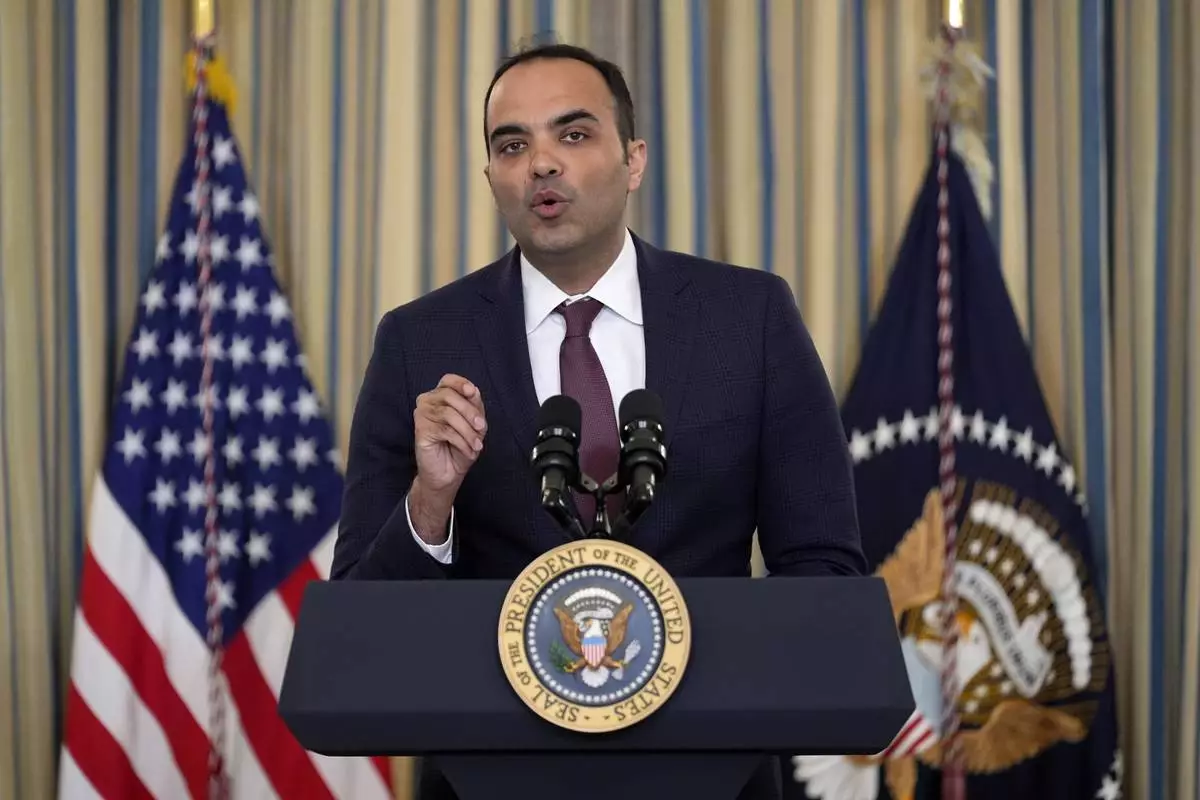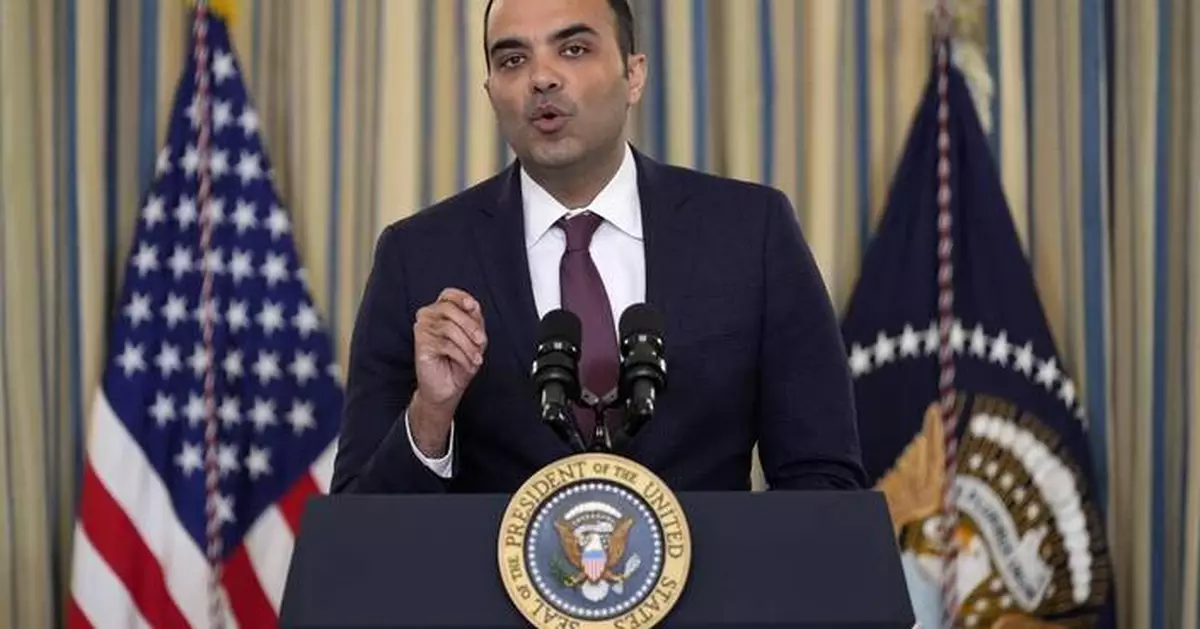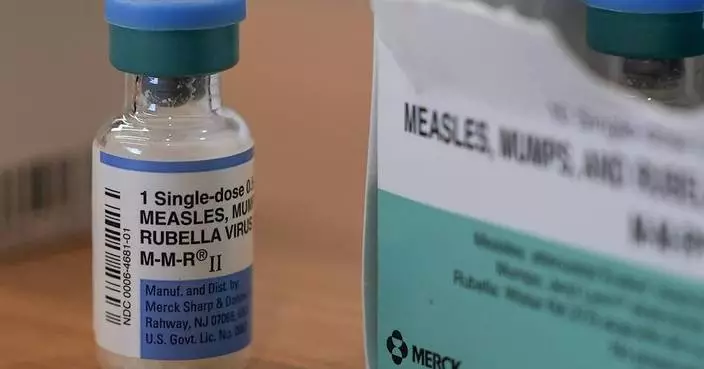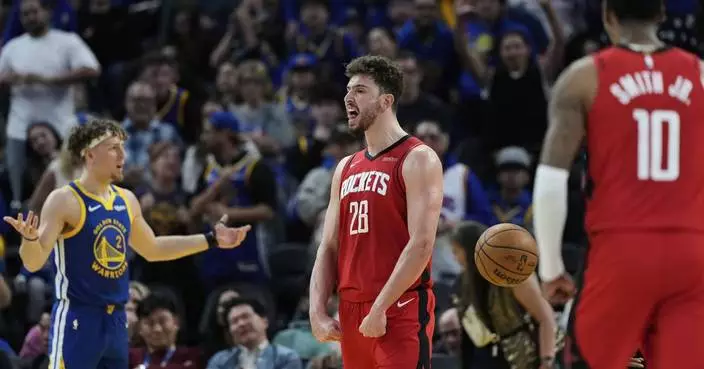NEW YORK (AP) — The Consumer Financial Protection Bureau said Thursday that apps that allow workers to access their paychecks in advance, often for a fee, are providing loans and therefore subject to the Truth in Lending Act, a 1968 law that requires lenders disclose all loan costs and fees.
If enacted, the proposed rule would provide clarity to a fast-growing industry known as Earned Wage Access, which has been compared to payday lending. The agency wants borrowers to be able to “easily compare products” and to prevent “race-to-the-bottom business practices,” CFPB Director Rohit Chopra said on a call with reporters.
Earned Wage Access apps have been around for more than a decade, but they gained popularity in the years prior to the pandemic and since. The apps extend small short-term loans to workers in between paychecks so they can pay bills and meet everyday needs. On payday, the user repays the money out of their wages, along with any fees.
According to its report, the Consumer Finance Protection Bureau found that, in 2022, at least 5% of American workers used an earned wage product at least once. They estimate that 7 million workers were advanced $22 billion through apps that worked with their employers, and 3 million workers were advanced $9.1 billion through direct-to-consumer apps.
The agency's research shows the average worker who uses Earned Wage Access takes out 27 of these loans a year, meaning one loan for almost every biweekly paycheck. This can look similar to a revolving credit card balance. But with fees that would equal an average Annual Percentage Rate (APR) of over 100%, the loans have interest rates higher than the most expensive subprime credit card. Most of this interest comes from fees to expedite access to paychecks, the CFPB found.
The typical user of these apps earns also less than $50,000 a year, according to the Government Accountability Office, and has experienced the pinch of two years of high inflation. Many of the apps charge monthly subscription fees and most charge mandatory fees for instant transfers of funds.
Christine Zinner, policy counsel at Americans for Financial Reform, said the paycheck advance products “are nothing more than workplace payday loans, with consumers (being) more easily preyed upon since the money is only a tap away on a cell phone.”
“People can easily become trapped in a cycle of debt by re-borrowing, requesting advances 12 to 120 times each year, just to pay basic household expenses and make ends meet,” she said.
The CFPB also said it is paying close attention to the “tips” many of the apps request when providing advances on paychecks. On the call, Chopra called the practice odd, noting that many paycheck advance companies bring in “substantial revenues” from the so-called tips.
In 2021, the California Department of Financial Protection and Innovation found “users often feel compelled to leave (tips) due to applied pressure tactics like... claiming tips are used to support other vulnerable consumers or for charitable purposes.”
With the interpretive rule, the CFPB is clarifying that “if workers obtain money they are required to repay out of their paychecks, this is a loan under federal law, (and the companies) must disclose an interest rate.”
This means that tips and fees for expedited transfers must be incorporated into the cost of the loan, under the disclosure scheme mandated by the Truth in Lending Act, and those costs may not be treated as “incidental, even if the amount is variable,” Chopra said.
Some Earned Wage Access companies have argued these fees should not be treated as part of the standard APR calculation on the loans. When Connecticut passed a law capping the fees the apps could charge under its state usury limits, at least one Earned Wage Access company, EarnIn, stopped operating in the state. Asked why, EarnIn CEO Ram Palaniappan said it was no longer “economically viable.”
Penny Lee, president of the Financial Technology Association, an industry group that counts many EWA companies as members, said her group is “deeply concerned” by the proposed action by the CFPB.
“Earned Wage Access should not be considered a loan as it is a no-cost, non-recourse product giving access to money workers have already earned, not future pay,” she said in a prepared statement, adding the proposed rule would “hurt millions of workers who rely on Earned Wage Access to tap into their already earned wages.”
In its report, the CFPB found that, despite companies marketing these services as free for workers in non-employer subsidized transactions, “most workers paid at least one fee and nearly all workers opt to pay a fee for expedited access to their funds." The CFPB said that with nearly 50% of earned wage product users turning to the service more than once a month, "costs may accumulate for workers who are frequently paid by the hour, have liquidity constraints, and receive public benefits.”
The agency will take comments on the proposed interpretive rule until the end of August.
“Today’s report and rule are important steps for the CFPB to ensure the market is working,” Chopra said. “We want to see the market compete down costs for employees and employers.”
The Associated Press receives support from Charles Schwab Foundation for educational and explanatory reporting to improve financial literacy. The independent foundation is separate from Charles Schwab and Co. Inc. The AP is solely responsible for its journalism.

FILE - Rohit Chopra, director of the Consumer Financial Protection Bureau, speaks as President Joe Biden meets with his Competition Council to announce new actions to lower costs for families in the State Dining Room of the White House in Washington, on March 5, 2024. The CFPB said Thursday July 18, 2024 that apps that allow workers to access their paychecks in advance, often for a fee, are providing loans and should be subject to the Truth in Lending Act. (AP Photo/Andrew Harnik, File)




















































